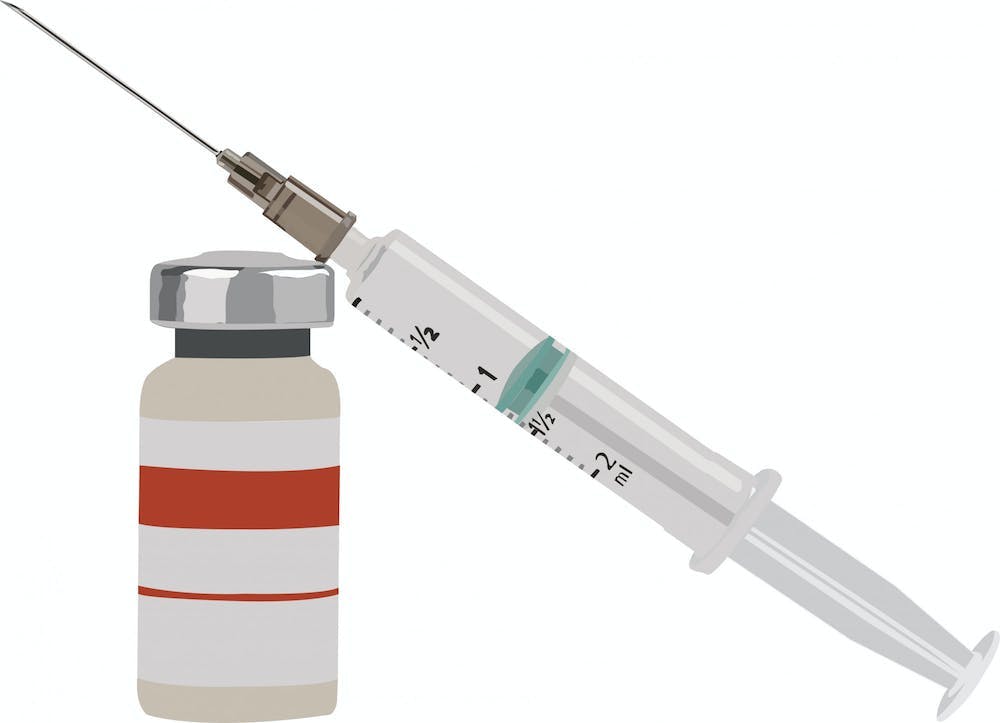The global COVID-19 vaccine campaign saved 2.4 million lives between January and August 2021, but distributing vaccines more equitably could have saved another 670,000 lives, according to an October working paper from researchers at Brown’s School of Public Health and the University of Southern California.
The study, titled “The Impact of the Global COVID-19 Vaccination Campaign on All-Cause Mortality,” is the first, to the researchers’ knowledge, to examine the effect of the vaccine campaign on death in multiple countries, according to the working paper. In the United States, the vaccine campaign saved 429,486 lives, the researchers estimated.
According to study co-author Chris Whaley, associate professor and associate director of health services, policy and practice at the SPH, the paper finds “huge benefits” to the vaccine program, “both in terms of deaths averted and economic benefits.”
“We know the global COVID-19 vaccination campaign is one of the (if not the) biggest public health initiatives that we can remember,” Whaley wrote in an email to The Herald. “Our paper is an initial attempt to evaluate this program.”
Neeraj Sood, professor of public policy, director of the USC Schaeffer Center’s COVID-19 initiative and co-author of the study, said the vaccines “were much more effective than non-pharmaceutical interventions such as lockdowns and mask mandates” in an Oct. 30 University press release.
The study, which was limited to 141 countries with a total population of 5.25 billion, further considered an “equitable” scenario where vaccination “in each country (was) proportional to its population.” Under such conditions, the authors estimated that 670,000 additional lives would have been saved if the vaccine was distributed equitably.
In reality, the authors wrote, “vaccine distribution was inequitable, with higher-income countries gaining access to vaccines much faster than lower-income countries.”

Neil Mehta was the editor-in-chief and president of the Brown Daily Herald's 134th editorial board. They study public health and statistics at Brown. Outside the office, you can find Neil baking and playing Tetris.





